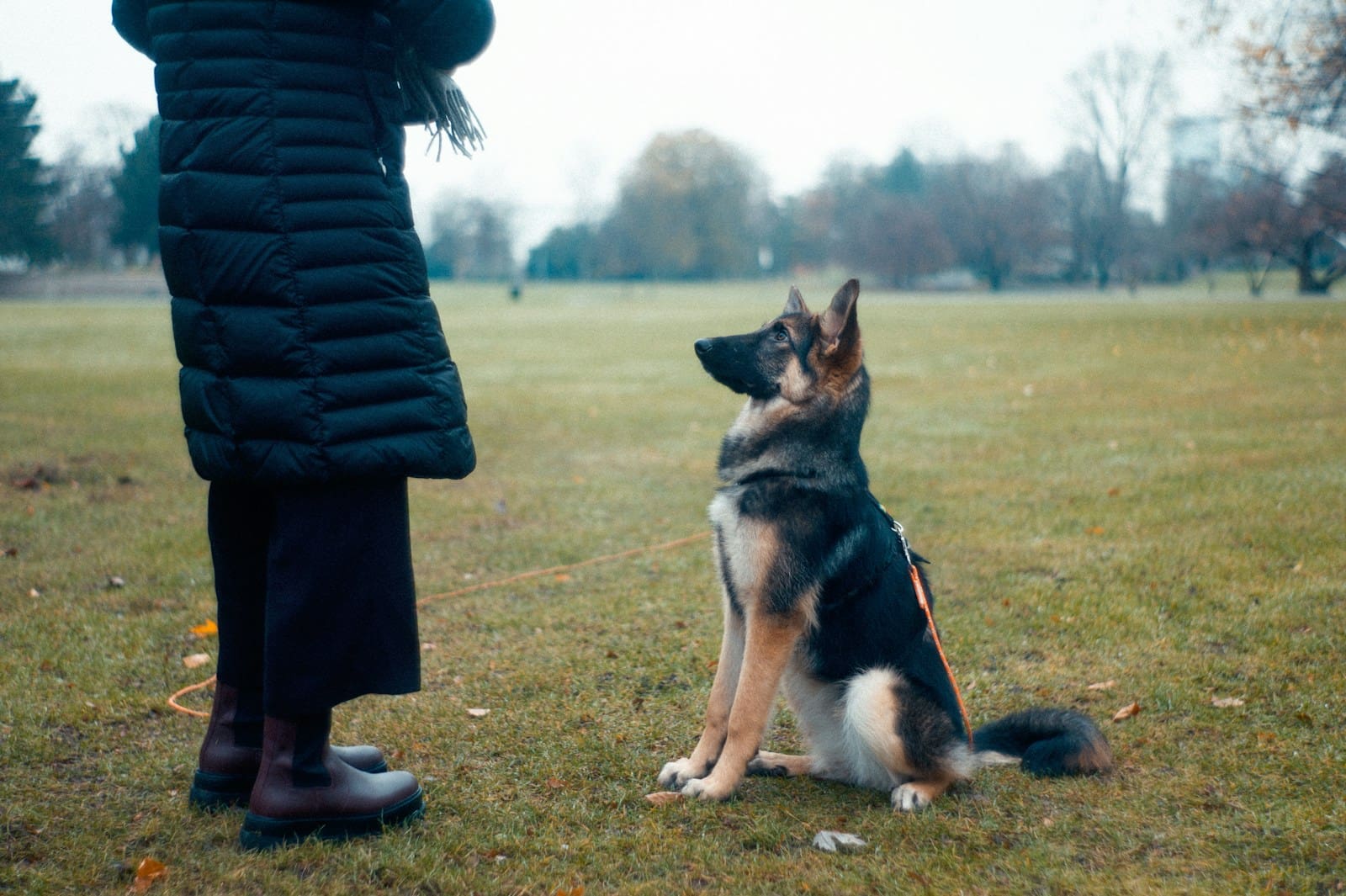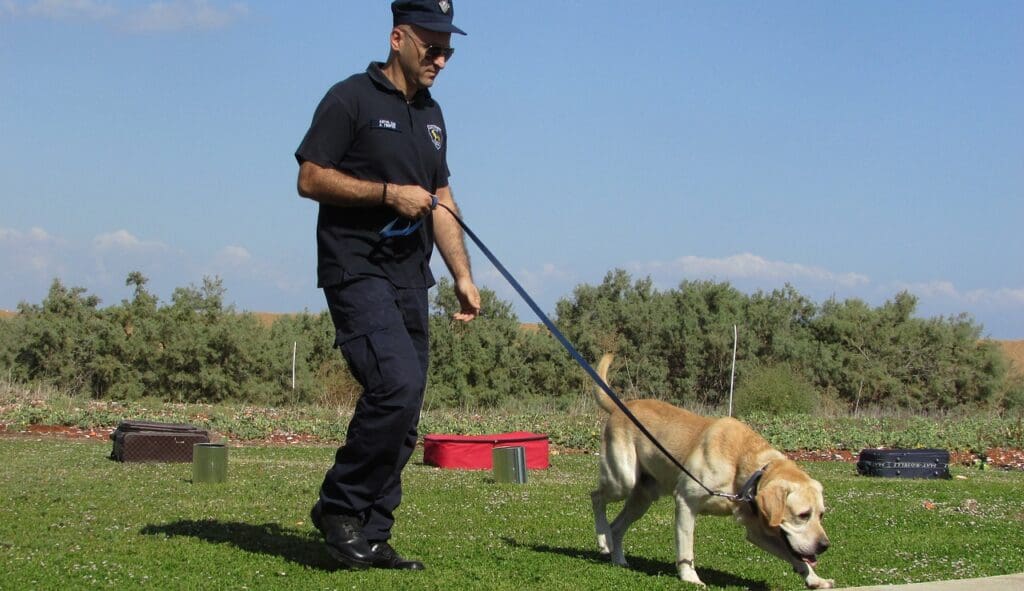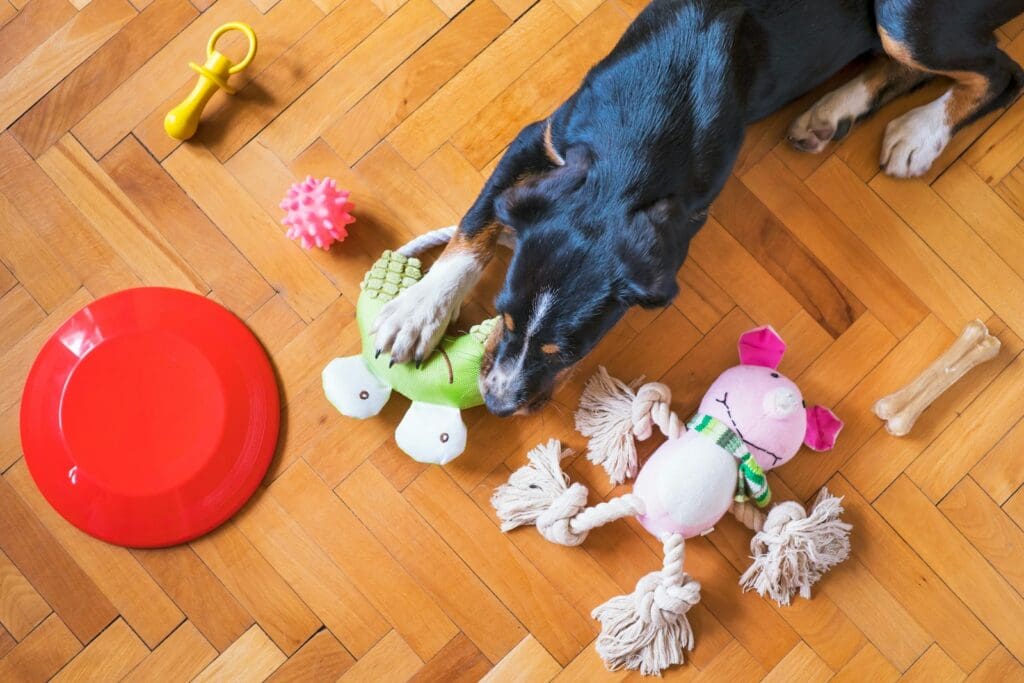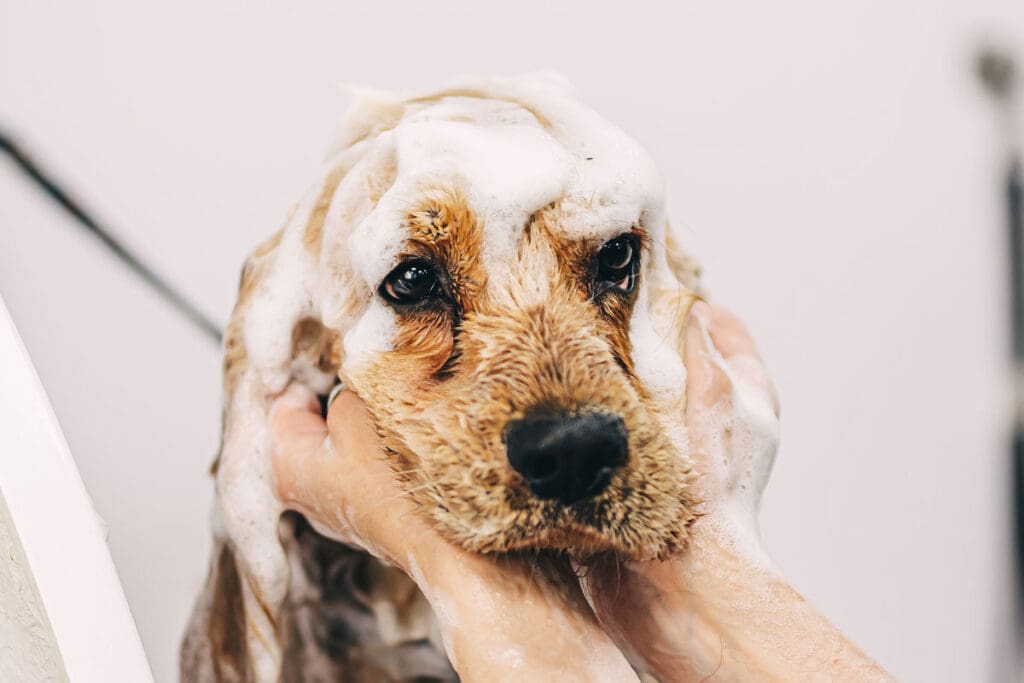Generally, no one who adopts a dog thinks of it as a temporary situation. But life can be unpredictable, and sometimes, the best situation for the animal is to relocate to a new home. But don’t make a hasty decision; there are possible solutions to keep your dog at home. Consider these ten things before rehoming your dog.
10. Most Common Reasons Dogs Get Re-Homed

Many dogs are re-homed because they have more energy than expected. But it may instead be behavioral issues with the dog, such as anxiety, housebreaking, and aggression. Sometimes it’s financial, like the inability to meet its medical needs. Other life situations force people into rehoming a dog if they have to move somewhere pets aren’t allowed. While heartbreaking, rehoming is sometimes best for the animal.
9. How Long Have You Had the Animal?

Many people seek to rehome a dog too soon. If the dog has only been in your home for a few months, it needs more time to adjust and learn new habits and manners. Puppies need time to mature. Rescue dogs need some quiet downtime to adjust. Time and patience may be all the dog needs, not a new home.
8. The Dog May Need More Training

Many people seek to find a new home for their dog due to its bad behavior. However, many common destructive habits dogs have, particularly puppies, can all be solved with proper training. All dogs need basic obedience training. Get a book on dog training and try training the dog yourself to correct bad habits.
7. The Dog May Deed a Professional or Behaviorist

Depending on how adept you are at dog training and what type of behavioral problem you are dealing with, some issues are better solved with professional trainers or behaviorists. The sooner, the better. Even aggressive dog behavior can be remedied by a professional. Make sure to disclose if the dog has a bite history.
6. Consider Doggy Daycare

Some active breeds of dogs need to stay busy, or they will make mischief out of boredom. Some dogs don’t like being alone and can become destructive due to separation anxiety. The remedy may be as simple as putting the dog into doggy daycare at times when you or other family members can’t be around.
5. Consider Hiring a Dog Walker

Some dog breeds require a level of daily exercise the lifestyles of their owners can’t facilitate. Hiring a dog walker to walk your dog as often as necessary helps it burn excess energy. This keeps the dog happier and healthier. It also alleviates boredom the dog might otherwise seek to relieve through chewing, barking, and destructive activities.
4. Consider What the Dog Needs

Each dog breed has inherent behaviors, traits, and energy levels. Some do well with other pets and small children, while others don’t. Perhaps your dog would be happier in a family without kids or other pets. Some breeds must stay active and busy, while others are couch potatoes. Perhaps your dog would be happier with room to run?
3. Evaluate Whether You Can Meet the Dog’s Needs

It’s important to understand the requirements of the breed of dog you own. You need to make an honest assessment of what the dog needs and your ability to accommodate them. Assess whether your lifestyle is too different from the needs of your dog. Think about ways to adapt your lifestyle to help meet the dog’s needs.
Read More: Pros and Cons of Buying a Mixed-Breed Dog
2. Consider What’s Best for the Dog

After doing an honest assessment of the needs of your breed of dog, as well as your lifestyle, it’s time to think about and do what’s best for the dog. Having an active dog in an apartment is not only a poor fit, it’s punishing for the dog. If you can’t make changes that help the dog, rehoming might be the best option.
Read More: 10 Biggest Mistakes Dog Owners Make
1. Rehome the Dog Responsibly

Consider your dog’s needs as your guide for getting it into the right home. Look to friends where you’re familiar with their history with pets. Choose rescues that will provide professional guidance. They can help with interviews of potential new owners through home checks. Give potential new owners as much background information about the dog as possible, especially aggression.
Read More: 10 Things to Know Before You Rescue a Dog




